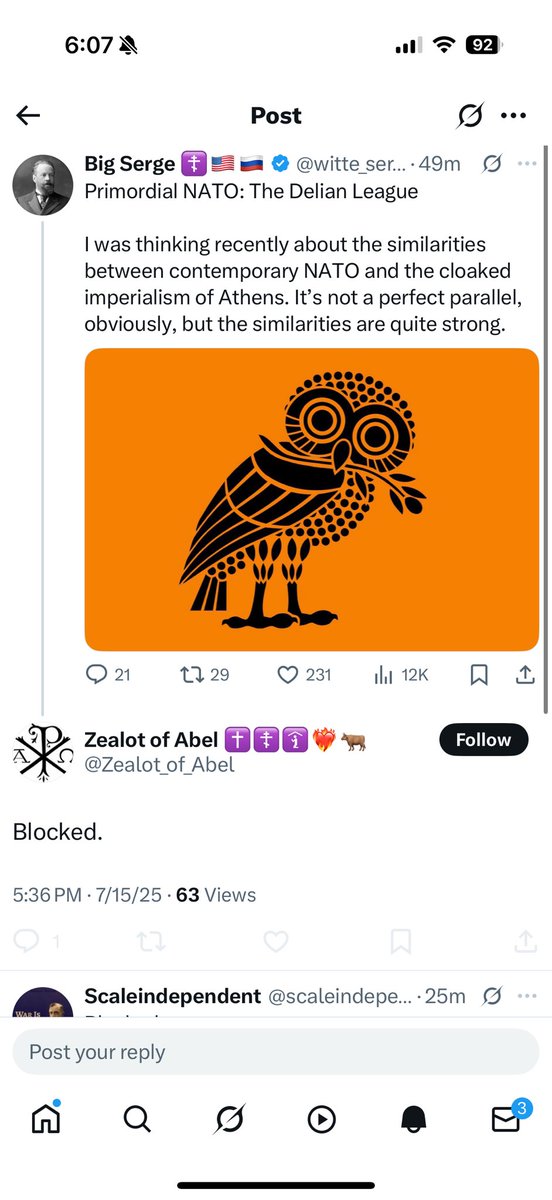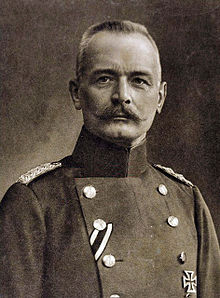Primordial NATO: The Delian League
I was thinking recently about the similarities between contemporary NATO and the cloaked imperialism of Athens. It’s not a perfect parallel, obviously, but the similarities are quite strong.
I was thinking recently about the similarities between contemporary NATO and the cloaked imperialism of Athens. It’s not a perfect parallel, obviously, but the similarities are quite strong.

Like NATO, the Delian League was formed as a defensive alliance against a hostile foreign power, with the Persian Empire as a stand in for the USSR. 

Polities in Northern Greece, fearing that Sparta’s strategic standoff in the Peloponnese would render them an unreliable protector, formed the Delian League to wage a continuation war against Persia. 
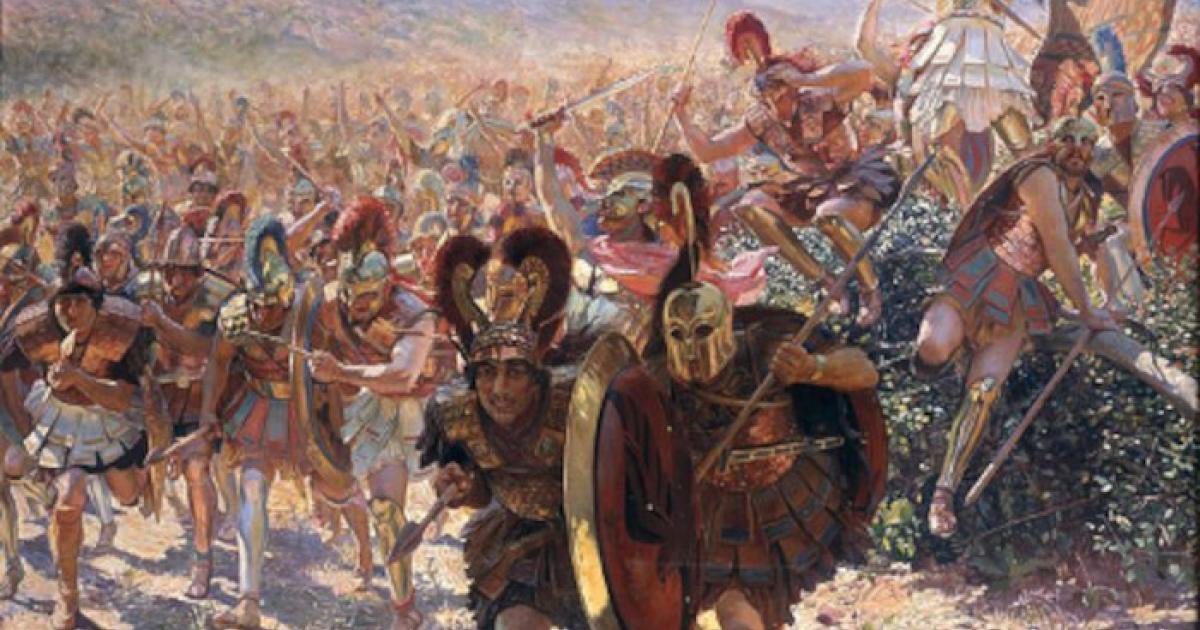
Athens was obviously the preeminent naval power within the alliance, but it was nominally governed by an assembly in which each member state had an equal vote. This system became a thin veneer over de facto Athenian hegemony. 
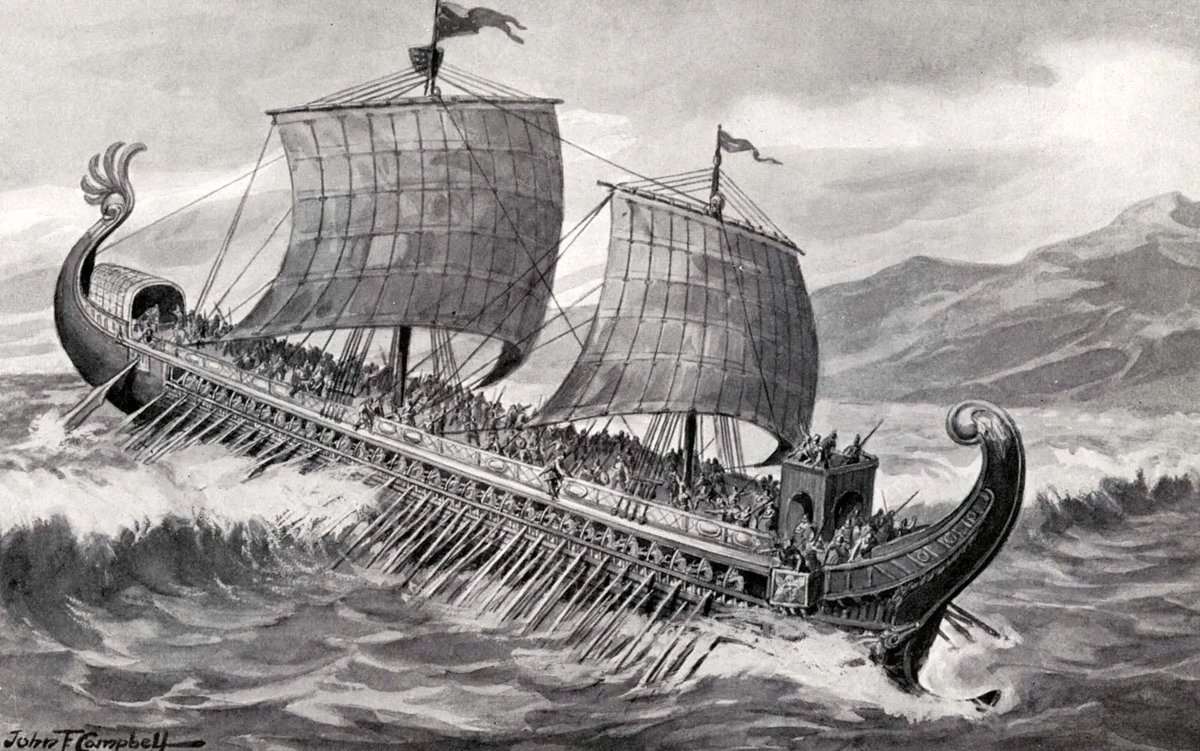
The league became a vehicle for a creeping Athenian imperialism through its unique system of military commitments. Member states were obligated to either maintain a requisite number of ships and men, *or* make an equivalent cash contribution. 

As time went on, more and more members opted to contribute cash rather than maintain forces, which Athens used to raise the equivalent forces for themselves. Rather than fielding a coalition navy, the league became a revenue stream for the growing Athenian fleet. 

This in turn made the lesser members more and more subservient to Athens as the military power disparity grew. Despite the nominal system of equal votes, Athens was more and more able to impose its will. Members who attempted to defect were severely punished. 

Within a relatively short period of time, the Delian League became a de facto vehicle of Athenian Empire: a mechanism for extracting resources from tributary states and subjecting them to Athenian political domination. 

NATO is very similar, as this week we see European members agreeing to buy more American weapons as part of a shell game to arm Ukraine. Revenue from Europe flows to American companies, and Europe bends to American foreign policy. 

Like the Delian League, NATO ostensibly has a consensus-driven governance and nominally consists of a coalition of forces, but in reality Europe is unable to make autonomous foreign policy choices. 
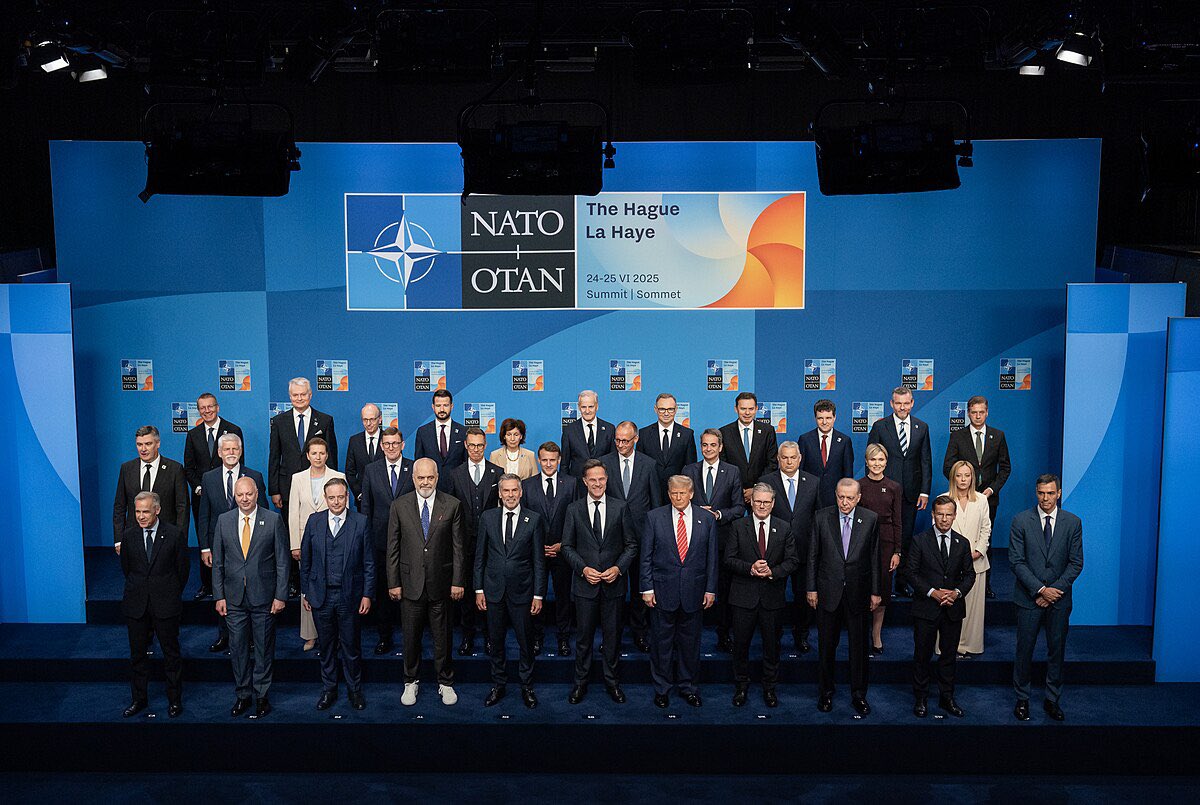
NATO has also helped to hollow out European defense manufacturing, and instead funnels money into the US as Euro members scramble to purchase HIMARS, Patriots, aircraft, and more. 

As a mechanism for aggrandizing state power, this is a very effective and very ancient model which works for the US just as it worked for Athens. The comity implied by the word “alliance” is a diplomatic narcotic that numbs the tributaries to the reality of empire. 

As a coda, the connection is even deeper, because Donald Kagan, who wrote a magisterial history of the Peloponnesian War and was an absolute gem of a historian, was also the Father in Law of Victoria Nuland. So, make of that what you will. 



• • •
Missing some Tweet in this thread? You can try to
force a refresh

